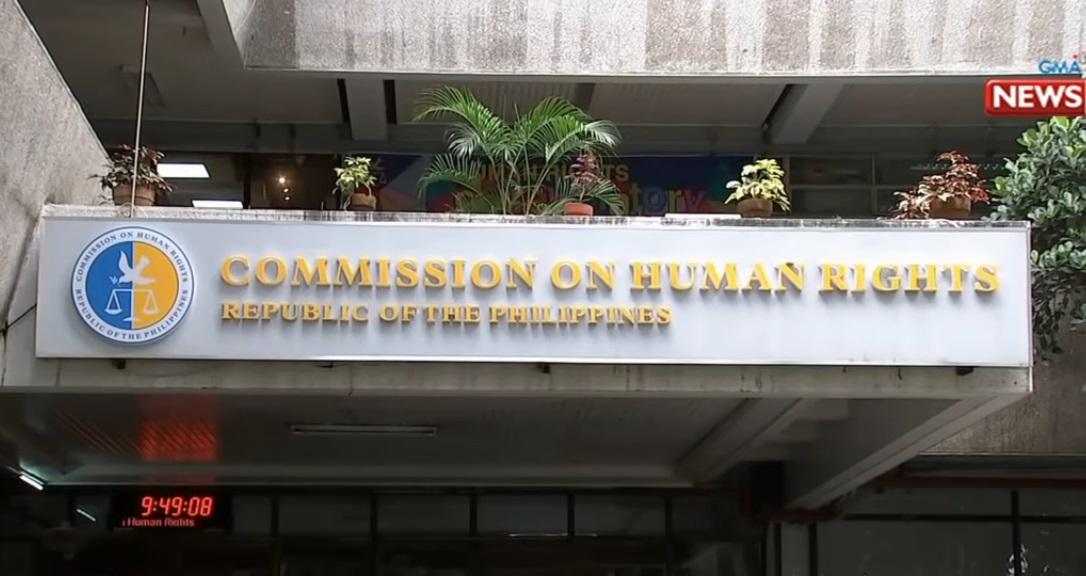
The Commission on Human Rights recognized on Sunday the decision of the Supreme Court (SC) to declare two parts of the controversial Anti-Terrorism Act of 2020 as unconstitutional, noting that they hopeful that the remaining “contentious” provisions will still be clarified.
In a statement, CHR spokesperson Jacqueline Ann de Guia said they “partly welcome” SC’s decision to declare as unconstitutional parts of Section 4 that defines acts of terrorism, and Section 25, particularly the second mode of designating individuals, groups, organizations, or associations as terrorist, one who finances terrorism, or as a terrorist organization or group.
“We see the Supreme Court decision as an affirmation that activism is not an act of terrorism. Activism is part of a healthy, functional democracy where citizens can express and demand redress for grievances,” she said.
However, she said that other provisions in the anti-terror law–such as the warrantless arrest, extended detention without formal charge, possible infringements to right to privacy because of surveillance, and absence of adequate safeguards for the erroneous application of the law–remain to be “causes of concern.”
During Tuesday’s en banc, the High Tribunal declared as unconstitutional a qualifier in Section 4 and the second paragraph of Section 25 of Republic Act 11479.
Section 4 of the law states that terrorism shall not include advocacy, protest, dissent, stoppage of work, industrial or mass action, and other similar exercises of civil and political rights.
However, there is a qualifier stating dissent is not considered terrorism, provided that it is not intended to cause death or serious physical harm to a person, to endanger a person’s life, or to create a serious risk to public safety.
Further, Section 25 states that the Anti-Terrorism Council will automatically adopt the United Nations Security Council Consolidated List of designated individuals or groups designated as a terrorist, one who finances terrorism, or a terrorist organization.
Paragraph 2 of the said section indicates that a request for designation by other jurisdictions of supranational jurisdictions may be adopted by the Anti-Terrorism Council (ATC) after a determination that the proposed designee meets the criteria for designation of UNSCR.
De Guia said the CHR remains hopeful that the remaining “contentious” provisions will be clarified by the SC once it releases the full text of the decision, noting that “it needs to be clear that what a law must punish are terrorist acts and not the mere free exercise of rights.”
“Our commitment remains in guarding against possible human rights violations arising from the implementation of the anti-terror law. We steadfastly remind the government that countering terrorism and protecting human rights are not competing values but are, in fact, mutual and complementary,” she added.
The Department of Justice said on Friday that is the right of petitioners to file a motion for reconsideration on the provisions of the anti-terror act as “that is the essence of [the] judicial system.”
Guevarra made the statement after petitioners who previously challenged the measure decided to push through with the filing of the motion against provisions on the extended detention and the powers of the ATC. —KG, GMA News

0 Comments